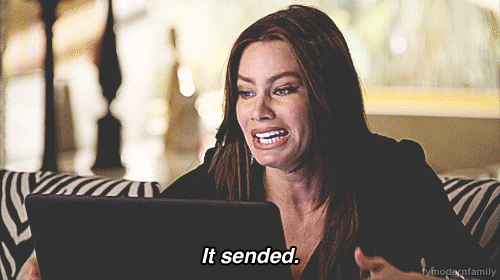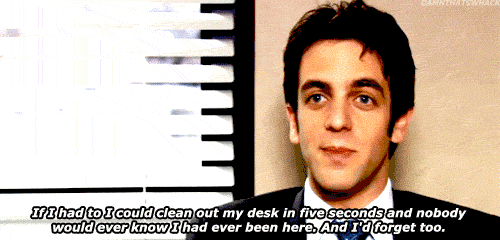It seems like all the recent major whistleblowers, from Edward Snowden to Chelsea Manning to Christopher Wylie, have been millennials.
Is this a coincidence, or is there something that makes millennials more likely to call out wrongdoing when they see it?
Traits of Millennials and Whistleblowers Align

Some have suggested that the characteristics commonly associated with millennials line up with the psychological traits of your typical whistleblower, and research seems to back them up.
Although it's difficult to generalize the personality traits of an entire generation, two of the most common descriptions of millennials are "altruistic" and "narcissistic." Although it appears that these two traits go against one another, millennials, it seems, possess a mix of both of them.
Pew Research has also described millennials as "confident, self-expressive, liberal, upbeat and open to change." They also tend to be highly educated — some might even say that they're over-educated.
In 2011, psychotherapist Dr. Bernard Luskin described the traits that whistleblowers typically share. According to Dr. Luskin, whistleblowers are often altruistic and moralistic. He also writes that they are strong-willed, rely more on their own beliefs than on norms, and can overcome insecurities, such as doubts about releasing information, through exhibitionism.
A much-cited report from Ohio State University researchers described whistleblowing as "prosocial" behavior, meaning it has both altruistic and egoistic motives.
A comparison of the traits of millennials and those of whistleblowers reveals a lot of similarities between the two. Altruism and ego may drive both of them, often at the same time. Millennials also tend to be confident and self-expressive, which can help when speaking out even when it's risky, as whistleblowing can be.
Additionally, millennials tend to be liberal and open to change, making them more likely to want to alter the course of things for what they believe is the greater good.
Some Caveats

Of course, not all millennials have the same personalities and priorities. And even if they do embody the typical traits of millennials, a lack of resources or privilege can prevent someone from blowing the whistle.
According to a paper by researchers from Boston University and Northwestern University, people who are paid more and are more highly educated are more likely to take on the risk of leaking information. Whistleblowers are also more likely to be male.
The researchers point out that these patterns show that those with more power and those who fit into the norm are more likely to report wrongdoing. This may be, they write, because they face less risk of punishment.
Whistleblowing is also financially risky. While you can recover money through False Claims Act cases, it can initially be costly. If you're barely scraping by, you're also not likely to risk losing your job by rocking the boat.
The Role of Technology

Another factor that may make millennials more likely to blow the whistle is the technology they have available to them. Informers have long relied on the media to get their information out to the world. But now, doing so is easier than ever.
Rather than having to acquire paper documents and physically copy them, you can upload or email digital records. There are even journalistic websites, such as WikiLeaks, that are dedicated to publishing leaked information. Whistleblowers, journalists and others involved in these leaks can also use encryption and other cybersecurity measures to disguise their identities.
The Perspective of Being New

The fact that millennials are new in the workforce may also play a role in their being whistleblowers. As new entries, they're not used to the ways things are at their companies or within the government organizations they work for. They're also less invested in these organizations, having spent less time there. This might make them less concerned about breaking their ties with that organization.
Those who have been in the workforce or at a particular company for a long time may be more likely to accept that things just "are the way they are." They might also be more personally invested in an organization and could have even helped build it up to where it is today, making them unwilling to damage its reputation.
Although it seems that, today, millennials are the most likely to bring activities they see as wrong into the public eye, people have been doing so for a long time.
Whistleblowing is not a new phenomenon. Perhaps, in a few decades, younger generations will be even more well-suited to being whistleblowers — and will be the ones keeping millennials honest.


















